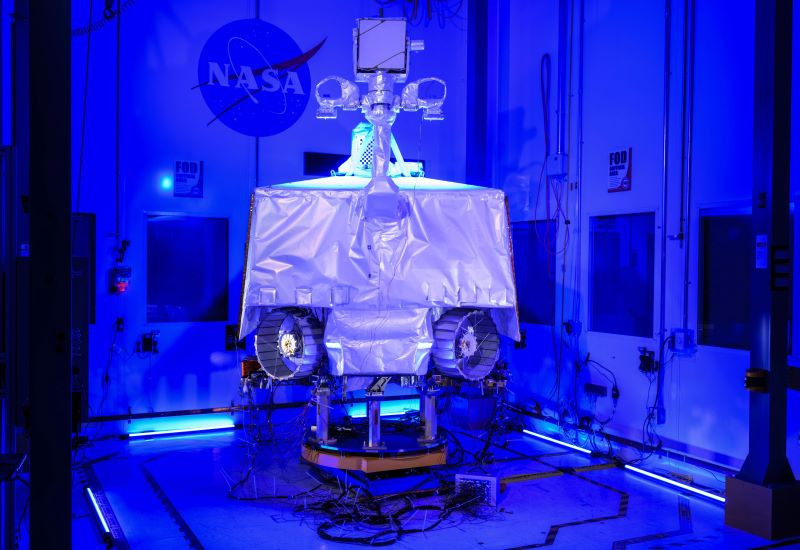
Rising costs force NASA to abandon VIPER lunar mission
NASA has announced the cancellation of its VIPER program, a highly anticipated mission to explore ice deposits on the Moon, due to escalating costs. The decision was made during environmental tests designed to ensure the VIPER vehicle could endure the harsh conditions of space. The VIPER program, which had already incurred $450 million in expenses, excluding launch costs, was expected to save NASA an additional $84 million in development costs through this cancellation. Read: NASA plans to send water-hunting robot to moon surface in 2022 “The decision has nothing to do with the research team or the success of the program, and everything to do with budgetary constraints,” said NASA Deputy Administrator Nicola Fox. NASA's 2024 budget reached $24.875 billion, despite facing cuts and a reduced funding request compared to the previous year. Other planetary and satellite drilling projects have been postponed due to budget cuts, and a NASA laboratory in California announced an eight percent reduction in its workforce. With the mission now canceled, VIPER will be disassembled, and its components will be reused or sold.

NASA has announced the cancellation of its VIPER program, a highly anticipated mission to explore ice deposits on the Moon, due to escalating costs. The decision was made during environmental tests designed to ensure the VIPER vehicle could endure the harsh conditions of space. The VIPER program, which had already incurred $450 million in expenses, excluding launch costs, was expected to save NASA an additional $84 million in development costs through this cancellation. Read: NASA plans to send water-hunting robot to moon surface in 2022 “The decision has nothing to do with the research team or the success of the program, and everything to do with budgetary constraints,” said NASA Deputy Administrator Nicola Fox. NASA's 2024 budget reached $24.875 billion, despite facing cuts and a reduced funding request compared to the previous year. Other planetary and satellite drilling projects have been postponed due to budget cuts, and a NASA laboratory in California announced an eight percent reduction in its workforce. With the mission now canceled, VIPER will be disassembled, and its components will be reused or sold.
